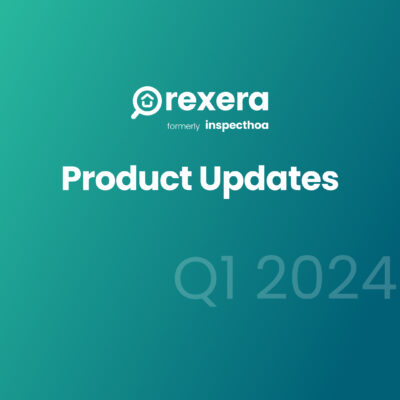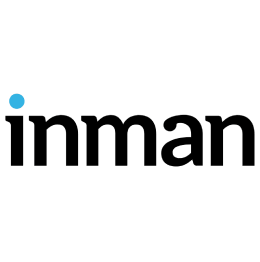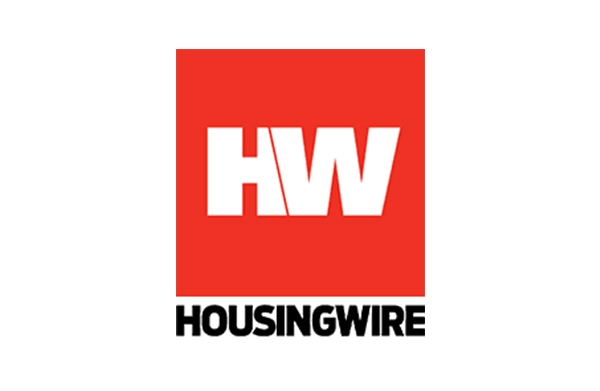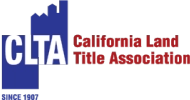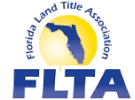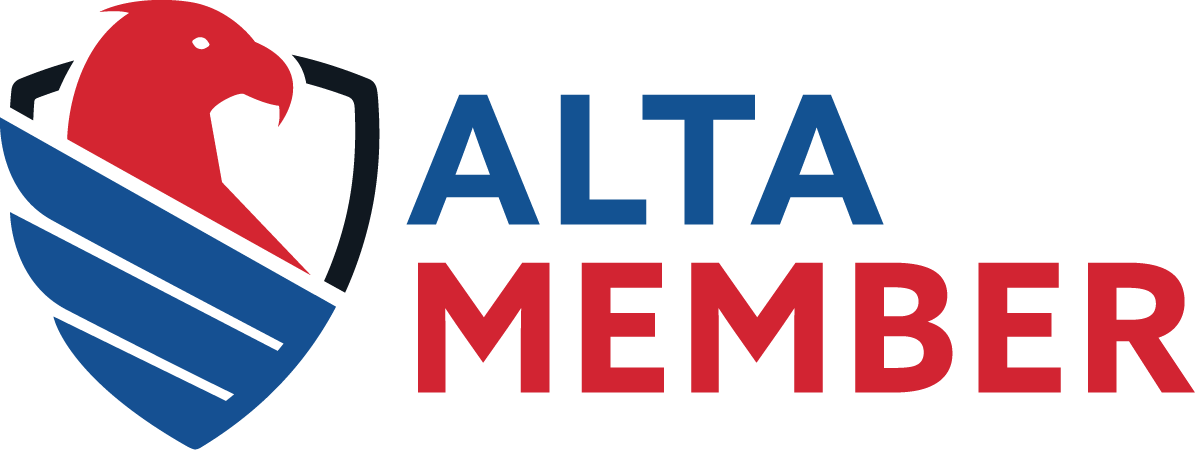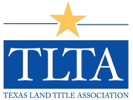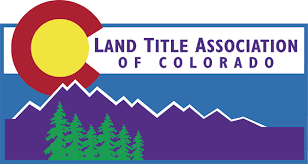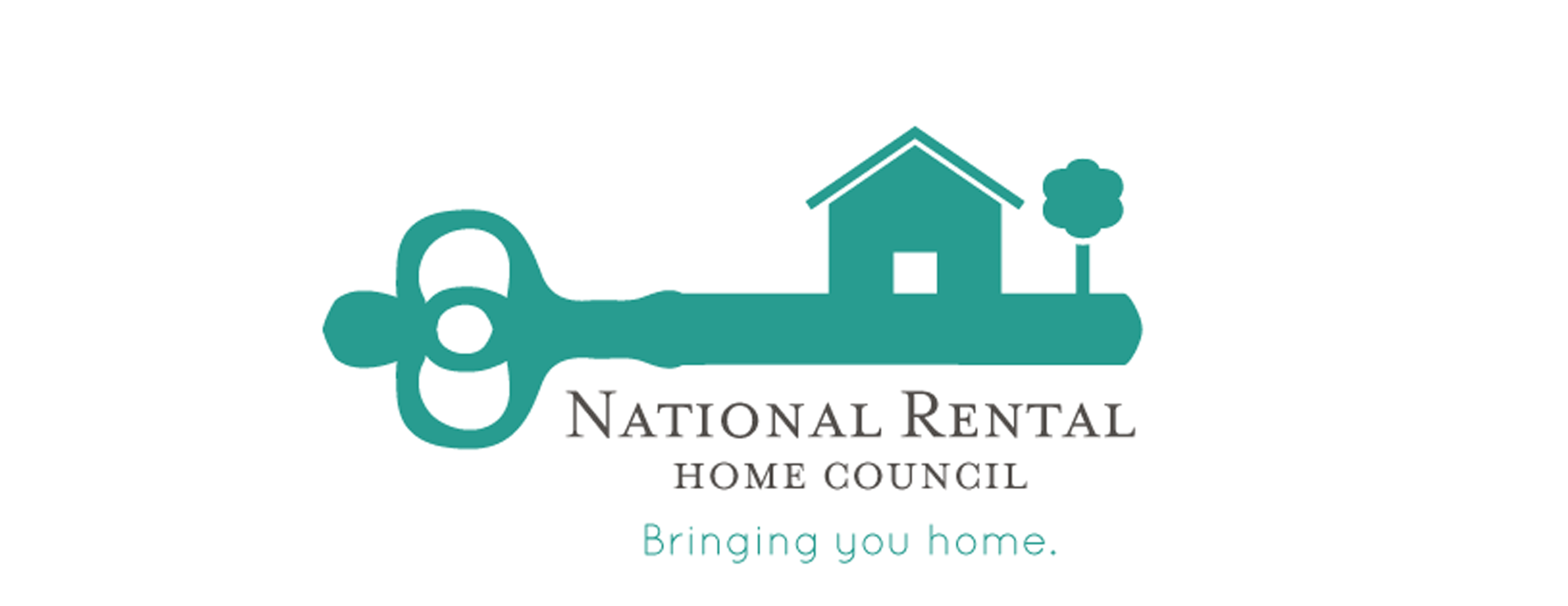HOA: Everything You Should Know About Homeowners Associations

If you have ever thought about purchasing a new condominium or townhome, you may find that owning this dwelling type can come with many strings attached and hoops to jump through. That’s because you aren’t just buying a traditional detached home, but instead often into a governed by an independent entity known as an HOA.
It turns out; this is also becoming increasingly popular with traditional single-family homes as well. According to a recent article in the Journal of Urban Economics, nearly 60% of new single-family homes are part of an HOA¹.
What’s more surprising is that on average, homes that are a part of a homeowners association are priced nearly 4% higher than similar unaffiliated homes¹.
What is about HOAs or communities affiliated with or partially governed by HOAs that allure the average homeowner? How does an HOA work, and how much power does it have?
Here is everything you should know about homeowners associations, how they are structured, their powers, and things you should consider when buying a home that is a part of an HOA.
- What is an HOA?
- How Do Homeowners Associations Operate?
- Enforcing Rules, Regulations, and Covenants
- Finances and Association Dues
- Things To Consider When Buying a Home Within an HOA
- 1. Are there any ongoing disputes among homeowners and the homeowners association? Is the HOA involved in any pending litigation?
- 2. What do your HOA fees include?
- 3. Are there any improvements or special projects currently being completed or projected to be started by the HOA soon?
- 4. How many times has the HOA increased monthly fees over the last 5-10 years?
- 5. What type of insurance coverage does the HOA have in place? What does it cover, and what sorts of perils or events are exclusionary?
What is an HOA?
A homeowner association, or an HOA, is an organization self-governed by property owners within communities with a common interest in a particular development or neighborhood elements.
The organization itself can often be either incorporated or unincorporated, but generally, they are regulated by some formal list of rules or bylaws.
While individual units within a neighborhood may be owned (and titled) individually, members of the HOA typically pay dues, either monthly or annually, to maintain shared neighborhood amenities and common elements.
Some examples of shared spaces or common elements that all residents can access are swimming pools, gym or exercise areas, and green spaces. The burden of maintaining, cleaning, and repairing these collective amenities is communally shared.
Gated communities, planned urban developments (PUDs), and multi-unit townhome or condominium buildings are great examples of communities that often have an active HOA.
How Do Homeowners Associations Operate?
Homeowners associations are governed by a specific set of bylaws which should outline how the entity should run.
Typically, the HOA also has a board of directors or owners that meets regularly to discuss and vote on proposed improvements, items needing maintenance, how to allocate funds and enforce any rules and regulations.
Usually, unit-owners will serve under specific roles and critical functions on the board, such as president, treasurer, and secretary, on a rotating basis.
Enforcing Rules, Regulations, and Covenants
Rules and regulations are in place for a reason. Part of the responsibility of the homeowners association is to enforce regulations prohibiting certain activities or improvements. For example, the association may agree and enforce that no owner can own a pet heavier than 50 lbs.
Before membership, or even after becoming a member, owners can review the HOA’s bylaws, including its covenants, conditions, and restrictions (CC&R). This document outlines the rules that govern the community.
Finances and Association Dues
One of the primary functions of an HOA is to maintain and approve a budget for how funds are allocated for specific projects.
Typically, HOAs hold two main financial accounts: an operating account and a reserve account.
The operating account is used to pay for routine maintenance, improvements, and expenses that have already been approved.
The reserve account is held as somewhat of a savings account that can be dipped into when larger capital expenditures arise. For example, if a building needs a new roof, it may cause the association to dip into the reserve account (if the motion is approved).
It is possible for an association to lack funds to complete necessary large-scale projects. If this is the case, the HOA can vote (sometimes without a majority) and issue a special assessment or levy on homeowners within the community.
Special assessments are meant to be non-recurring. If necessary, the HOA does have the power to raise or the monthly or annual amount of dues that residents are required to pay.
According to the Community Associations Institute, 2018, associations collected $95.6 billion in assessments from homeowners with $27.3 billion also contributed to association reserve funds for significant enhancements and repairs².
We, at InspectHOA, can help you understand your HOA’s financial situation and how much you are spending compared to thousands of properties in the region and the country.
Things To Consider When Buying a Home Within an HOA
About 25-27% of people in the United States live in a home within a community association³. One reason why these types of homes are so alluring is that a lot of the work to maintain the property does not have to be completed by you. Your monthly or annual dues go a long way, which means you can spend more time enjoying your investment.
Similarly, people like community associations because they have the opportunity to take advantage of the amenities they want at a fraction of the cost.
If you want a pool in your backyard or a tennis court next door, instead of spending more money on a home with all these amenities, you can be part of an association where your monthly fees provide you access to all thesе.
Lastly, people love the community aspect of a community association. Being a part of a community association gives you more opportunities to know and mingle with your neighbors.
But buying or owning a home within an HOA isn’t for everyone. Here are five things to consider if you plan on purchasing a property that has an HOA:
1. Are there any ongoing disputes among homeowners and the homeowners association? Is the HOA involved in any pending litigation?
While sometimes disputes can be simple, such as noise disturbances, disputes involving the association’s financial condition or capital projects are worth understanding.
Similarly, you should proceed with caution should an HOA be involved in active litigation. Make sure to analyze the situation before finalizing a new purchase.
2. What do your HOA fees include?
Typically, fees cover communal improvement projects and maintenance for common areas or amenities. However, some associations use dues for purposes, including gatherings and social events. It’s good to know what your assessments are going towards.
For more on fees, explore our blog post.
3. Are there any improvements or special projects currently being completed or projected to be started by the HOA soon?
It’s a good idea to understand what projects have already started and what plans your HOA may have for future projects. You may want to negotiate not paying special assessments for specific projects that begin right after your purchase.
4. How many times has the HOA increased monthly fees over the last 5-10 years?
HOA fees can fluctuate between different organizations. However, homeowners association fees have been rising nationwide for years.
Specifically, between 2005 and 2015, HOA fees rose 32.4% throughout the United States4. It’s essential to account for any anticipated assessment increases.
5. What type of insurance coverage does the HOA have in place? What does it cover, and what sorts of perils or events are exclusionary?
Most homeowners who own a home that is part of a homeowner association still carry a separate insurance policy. Nevertheless, it is a good idea from a risk perspective to understand and consider the HOA’s blanket insurance policy and what common elements it covers and what it doesn’t.
If a natural disaster occurs and there is damage to common elements that were not insured under the main policy, you could see a special assessment coming in your near future.


